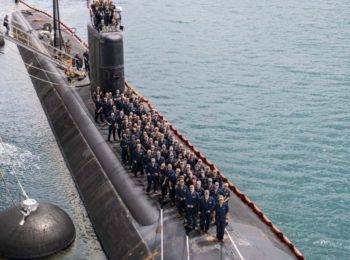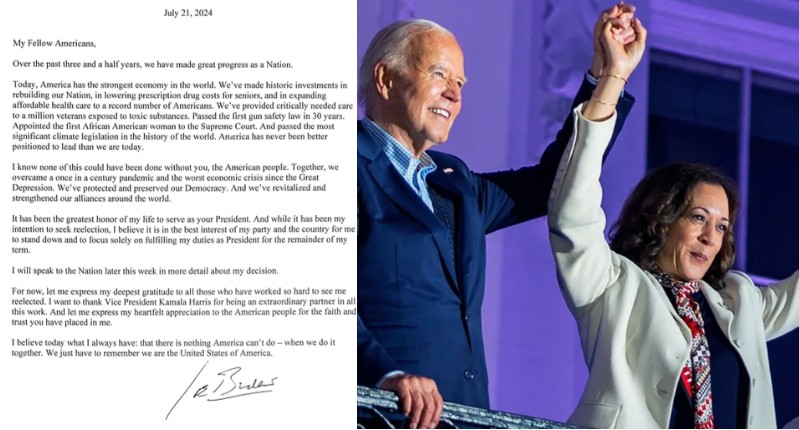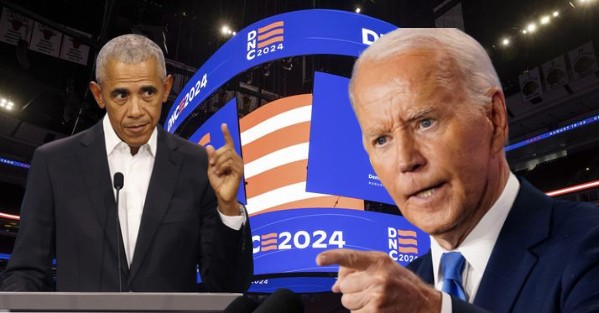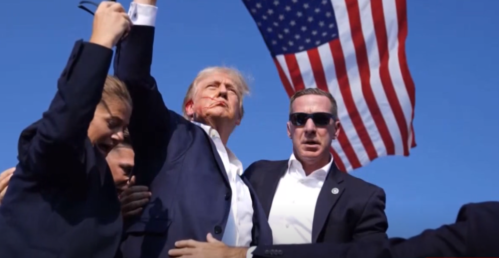The US Navy has revealed that it has expended nearly $1 billion in munitions over the past six months to counter escalating threats from Iran and the Houthis in the Middle East. The disclosure, made by Navy Secretary Carlos Del Toro, highlights the significant financial and operational toll of US naval involvement in the region. Since October, American naval forces have been actively engaged in intercepting Houthi missiles and drones in the Red Sea, while also conducting preemptive strikes against the militants in Yemen. Moreover, recent events, including intercepting Iranian ballistic missiles aimed at Israel, underscore the complexity and intensity of the security challenges faced by the US Navy in the region.
The frequency and scale of engagements reflect a sustained effort by US naval forces to safeguard strategic interests and allies in the Middle East. Secretary Del Toro emphasized the critical role of munitions in these operations, citing over 130 direct attacks on US Navy and merchant ships that have necessitated robust defensive measures. The cost of such engagements is substantial, with each Standard Missile-2 interceptor alone estimated to cost approximately $2 million. As a result, the Navy is urgently calling for additional funding from Congress to replenish dwindling munition stocks, highlighting the pressing need to sustain operational capabilities amidst evolving security threats.
Financial Implications and Strategic Imperatives
The staggering expenditure on munitions underscores the financial burden imposed on the US Navy in sustaining its operational readiness in the Middle East. The escalating conflict dynamics, including Iranian provocations and Houthi aggression, have necessitated a sustained and costly response from US naval forces. While the precise breakdown of the nearly $1 billion expenditure remains undisclosed, it reflects the broad spectrum of defensive and preemptive measures undertaken by the Navy to safeguard maritime security and regional stability.
Furthermore, the delayed passage of a comprehensive national security supplemental package by Congress has compounded concerns regarding the adequacy of funding for the Navy’s operations in the Middle East. Despite bipartisan support in the Senate, House Republicans have blocked the package, raising uncertainties over the future allocation of military aid and resources. The Biden administration, along with international partners such as Ukraine, has exerted significant pressure for the package’s approval, underscoring the strategic importance of sustaining US military capabilities in the face of evolving threats.
Congressional Response to US Navy request for Funding and Path Forward
The urgent call for additional funding to replenish munition stocks highlights the critical role of Congress in addressing the operational needs of the US Navy in the Middle East. Secretary Del Toro’s testimony before the Senate Appropriations Subcommittee on Defense underscores the imperative for bipartisan cooperation in ensuring adequate resources for national security priorities. With the impending depletion of munitions and ongoing security challenges in the region, timely congressional action is paramount to sustain US naval capabilities and protect vital interests abroad.
Moreover, the protracted legislative deadlock over the national security supplemental package underscores the broader challenges facing US foreign policy and defense priorities. As geopolitical tensions escalate and security threats evolve, the imperative for cohesive and proactive congressional leadership becomes increasingly apparent. In navigating complex security dynamics in the Middle East and beyond, bipartisan consensus and decisive legislative action are essential to uphold America’s strategic interests and global leadership role.
Regional Implications and Global Concerns
Iran’s recent attack on Israel has reignited fears of a wider conflagration in the volatile Middle East region. The unprecedented aerial barrage has not only strained relations between Iran and Israel but has also prompted concerns among US allies and global stakeholders. The prospect of escalating violence underscores the imperative for diplomatic efforts to de-escalate tensions and mitigate the risk of further hostilities.
Amidst mounting uncertainties, the role of the US Navy in maintaining regional stability and safeguarding international interests has assumed heightened significance. As tensions continue to simmer, the international community must remain vigilant and actively seek avenues for dialogue and conflict resolution to avert the potentially catastrophic consequences of a full-blown conflict in the Middle East.
This comprehensive news report sheds light on the ongoing challenges faced by the US Navy in countering threats from Iran and Houthi militants, underscores the urgent need for congressional support to bolster military capabilities, and highlights the broader regional implications of escalating tensions in the Middle East.
Table of Contents
Discover more from OGM News NG
Subscribe to get the latest posts sent to your email.














